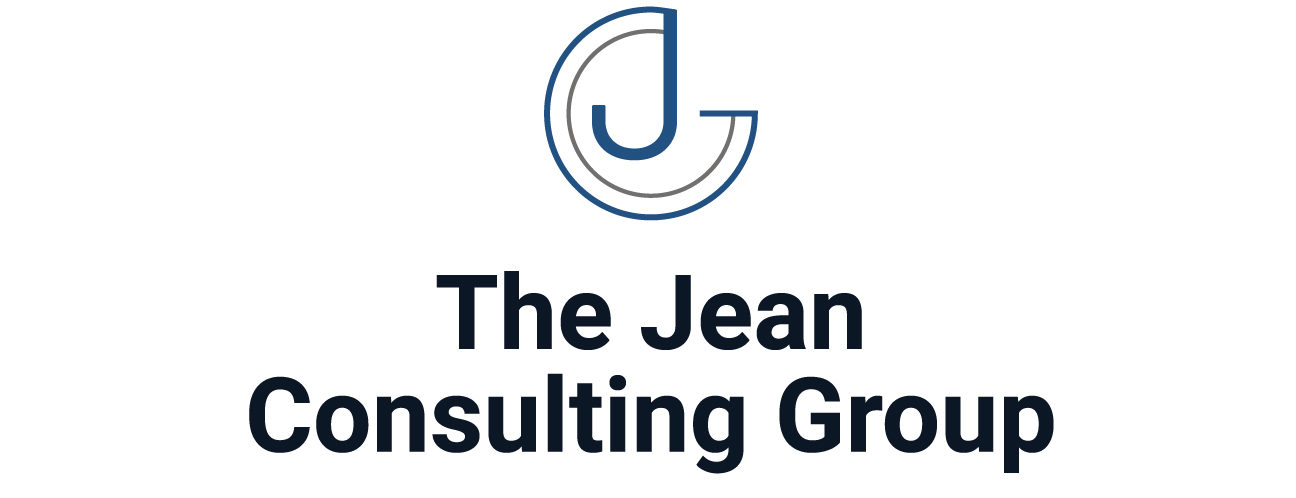In an era where effective performance management is critical to organizational success, integrating group and individual coaching into the performance review process, while ensuring compliance with labor laws, presents a forward-thinking approach. This strategy not only enhances employee development and motivation but also safeguards organizations against potential legal pitfalls associated with performance assessments and management practices. This article explores how the combination of coaching and a deep understanding of labor law can revolutionize performance review processes, leading to a more engaged, productive, and legally compliant workforce.
Leveraging Coaching in Performance Management
The inclusion of group and individual coaching in performance management processes provides a supportive framework for employee development, allowing for a more nuanced approach to performance reviews that extends beyond mere evaluation.
- Group Coaching for Collective Growth: Group coaching sessions can be instrumental in addressing common performance-related themes, fostering a culture of continuous improvement, and enhancing team dynamics. These sessions allow for the sharing of goals, strategies, and challenges, encouraging collective growth and mutual support among employees.
- Individual Coaching for Personalized Development: Individual coaching offers a tailored approach to employee development, focusing on specific performance goals, strengths, and areas for improvement. This personalized attention ensures that employees receive the guidance and support they need to excel in their roles, aligning their personal growth with organizational objectives.
Ensuring Compliance with Labor Law in Performance Reviews
Incorporating an understanding of labor law into the performance review process is crucial to ensure that performance management practices are not only effective but also legally compliant. This approach minimizes the risk of disputes and litigation related to performance evaluations and management decisions.
- Fair and Objective Performance Criteria: A thorough understanding of labor laws helps organizations establish fair and objective criteria for performance evaluations, ensuring that all employees are assessed based on clear, job-related standards. This reduces the likelihood of claims related to discrimination or bias.
- Documentation and Feedback Practices: Labor law compliance emphasizes the importance of accurate documentation and constructive feedback during performance reviews. Coaching sessions can guide managers on how to document performance evaluations properly and provide feedback in a manner that is both legally compliant and supportive of employee development.
- Handling Performance-Related Dismissals: In cases where performance issues may lead to termination, a solid grasp of labor laws is essential. Coaching can help managers navigate these situations with sensitivity and legality, ensuring that any performance-related dismissals are handled in accordance with applicable laws and regulations.
Strategies for Integrating Coaching and Labor Law into Performance Reviews
Successfully integrating group and individual coaching with an understanding of labor law into the performance review process requires strategic planning and execution.
- Train Managers and HR Professionals: Equip managers and HR professionals with the skills and knowledge to implement coaching in performance management and ensure compliance with labor law. This includes training on effective coaching techniques, performance evaluation methods, and legal requirements related to performance management.
- Develop a Structured Coaching Program: Establish a structured coaching program that aligns with the performance review cycle, incorporating both group and individual sessions. This program should be designed to support the achievement of performance goals, personal development, and organizational objectives.
- Foster a Culture of Open Communication: Encourage a culture of open communication and continuous feedback, where performance discussions are seen as opportunities for growth and development rather than mere evaluations. This fosters a more positive and productive work environment.
- Regularly Review and Update Practices: Regularly review and update coaching and performance management practices to ensure they remain effective, relevant, and compliant with evolving labor laws. This includes staying informed about changes in labor legislation and adjusting policies and procedures accordingly.
Conclusion
The integration of group and individual coaching into the performance review process, underpinned by a solid understanding of labor law, offers a comprehensive approach to performance management. This strategy not only enhances employee development and engagement but also ensures that performance management practices are legally sound and equitable. By fostering a supportive environment for growth and ensuring compliance with labor laws, organizations can build a more motivated, productive, and legally compliant workforce, ultimately driving organizational success in today’s competitive business landscape.



